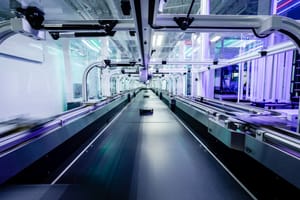Occupier insights
Cloud labs: can remote research fix the shortage of lab space?
Cloud laboratories enable scientists to run experiments remotely without the need for physical presence and could ease the shortage of lab space.
7 min read

Table of Contents
Written by
More from Life Sciences Real Estate






